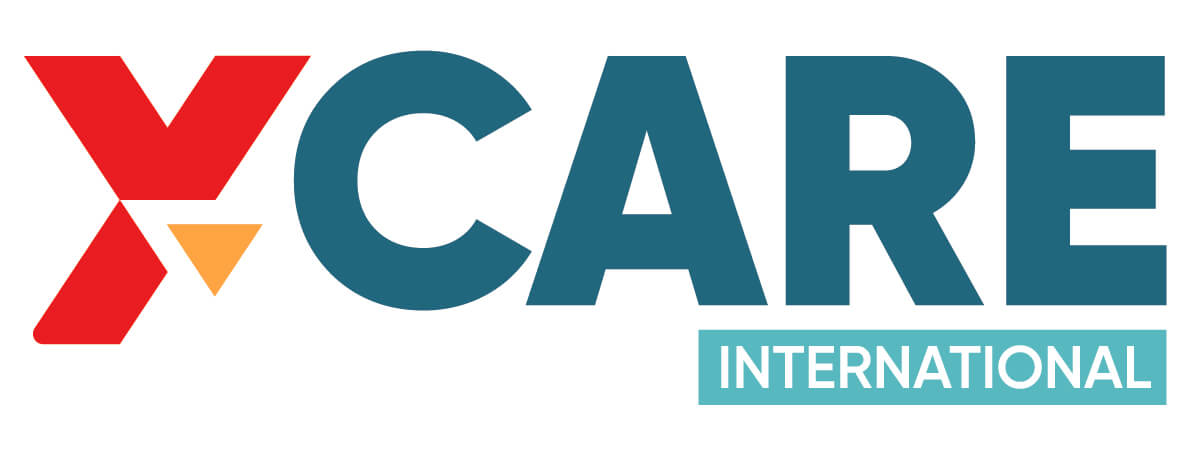Often the western world only acts in a crisis once the suffering becomes impossible to ignore. In East Africa, communities have already told us that the time to act is now.
According to the UN, over 36 million people in the Horn of Africa (including Ethiopia, Kenya and Somalia) are experiencing persistent and severe drought.
Y Care International and its humanitarian partners have launched an Emergency Appeal to support communities in East Africa which are affected by severe drought, and to help avert famine in these countries which are on the verge of disaster.
The causes are multiple, with the current drought compounding the issue: In Somalia, flooding, locust infestation, displacements and persistent conflict all contribute to the current food insecurity concerns.
Diseases (measles and acute diarrhoea) also lead to malnutrition and have compounded the impact of the drought on public health. Livestock loss and crop failure will lead to collapse in local economies, and scarcity of resources will cause internal displacement.
Country Coordinator for Ethiopia, Ayele Ashagre, said:
‘In lowland areas, animals, cattle, are everything for them. So, losing cattle means losing everything. It is very important to act at this time, instead of waiting… otherwise many people might be affected more, and many can die.’
Without urgent intervention, communities across the region face the threat of famine in 2023. Longer-term, there is a risk of increased conflict and gender-based violence, and a higher prevalence of disease.
The time to act is now, before this crisis becomes a famine. Peter Blanch, Emergency, Resilience & Grants Manager, said:
‘It is really important to act sooner, rather than later. The situation is only predicted to get worse, not better. We need to act, and quickly.’
This emergency response will support those most in need at this critical time. Moving forward, Y Care International will work with communities to adopt a Disaster Risk and Climate Change Adaptation approach, including climate-smart agricultural practices and early-warning systems that help communities prepare and respond through contingency planning.
- To support Y Care International’s East Africa Appeal, please visit here and give now. Gifts to this emergency appeal will enable Y Care International and its partners to respond quickly to those in greatest need.
- To download our campaign resources, please click here.
- For further information please contact Steve Adams, Y Care International: s.adams@ycareinternational.org | +44 7951 284608
- To download this press release in PDF format, please click here.

